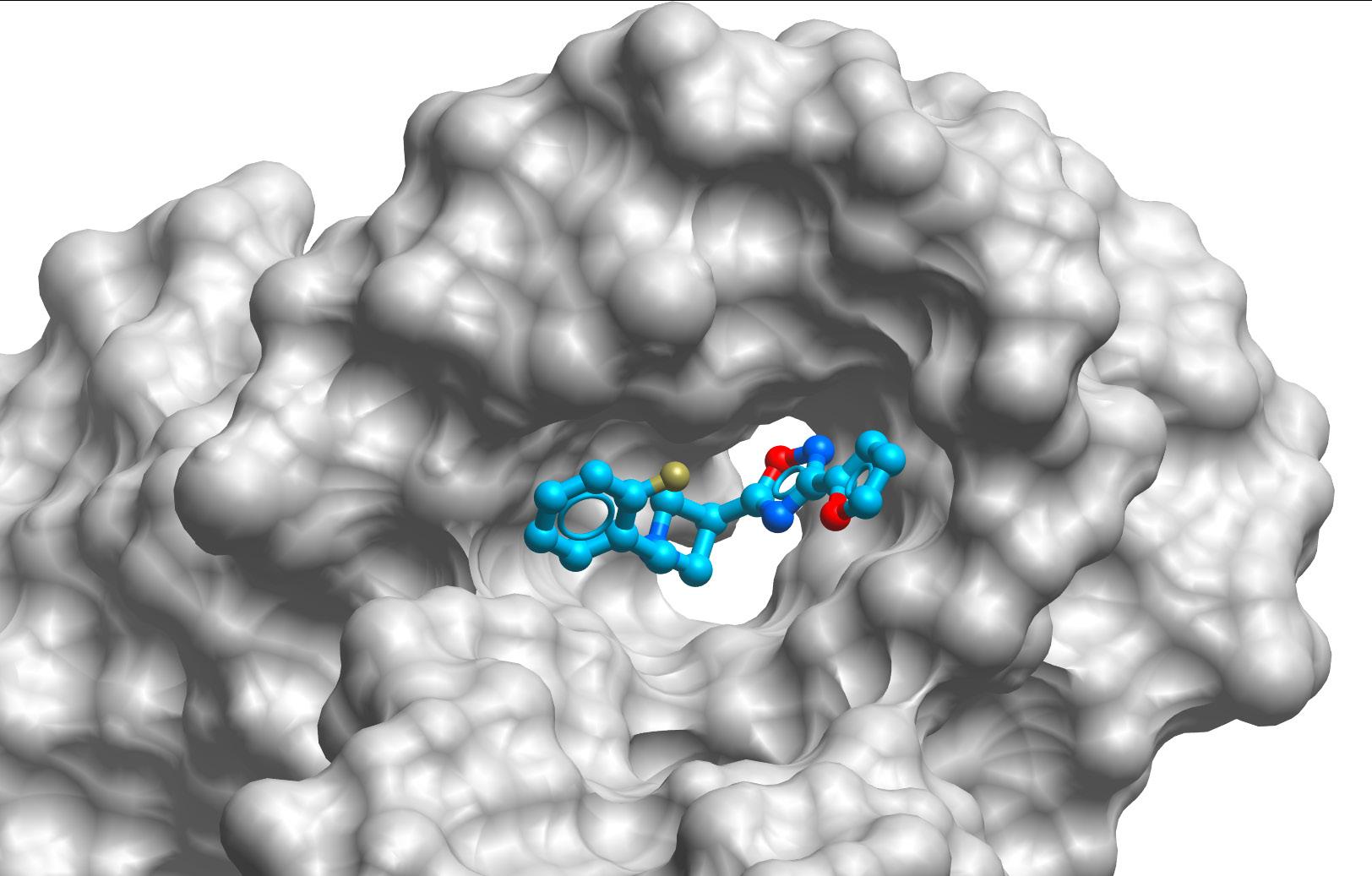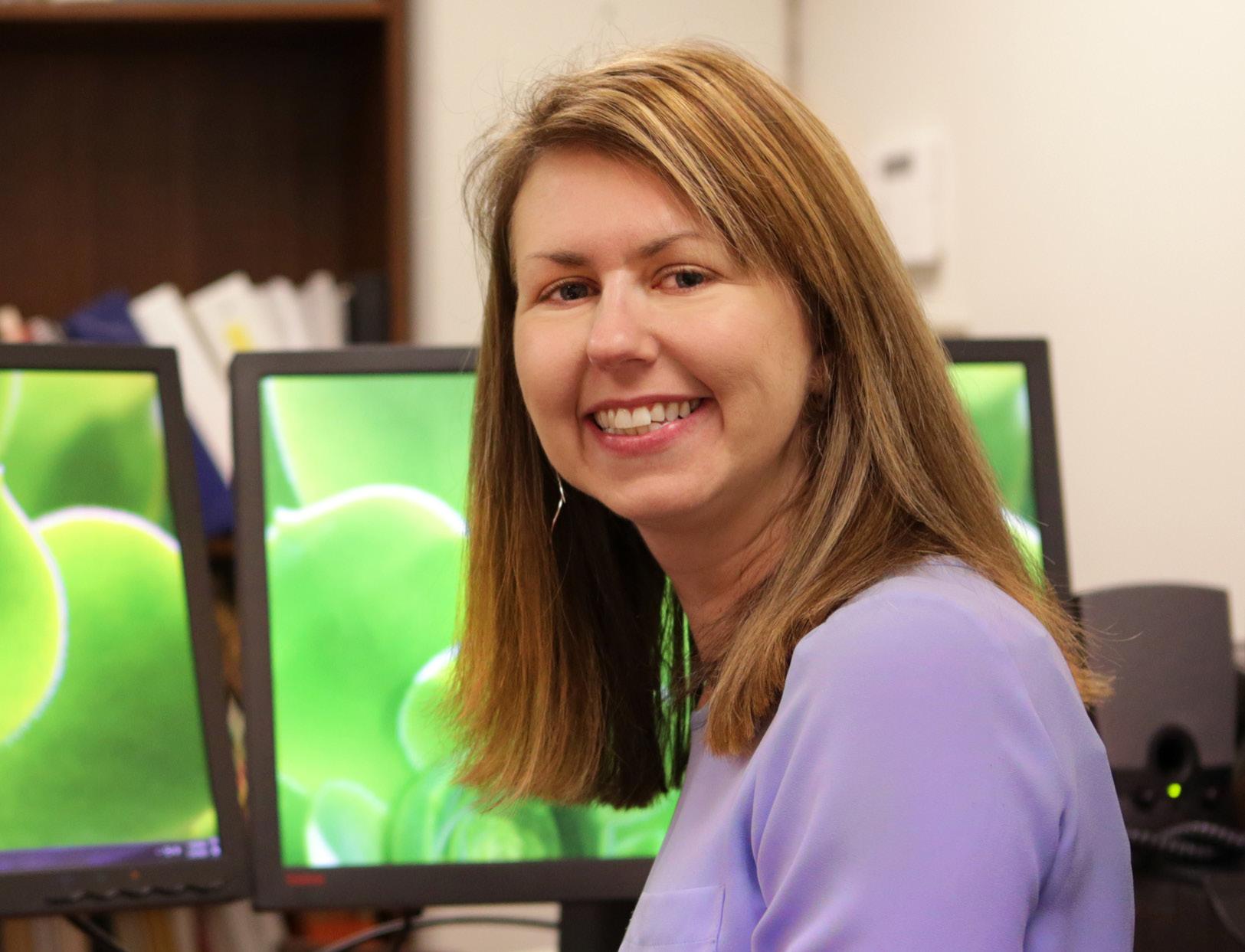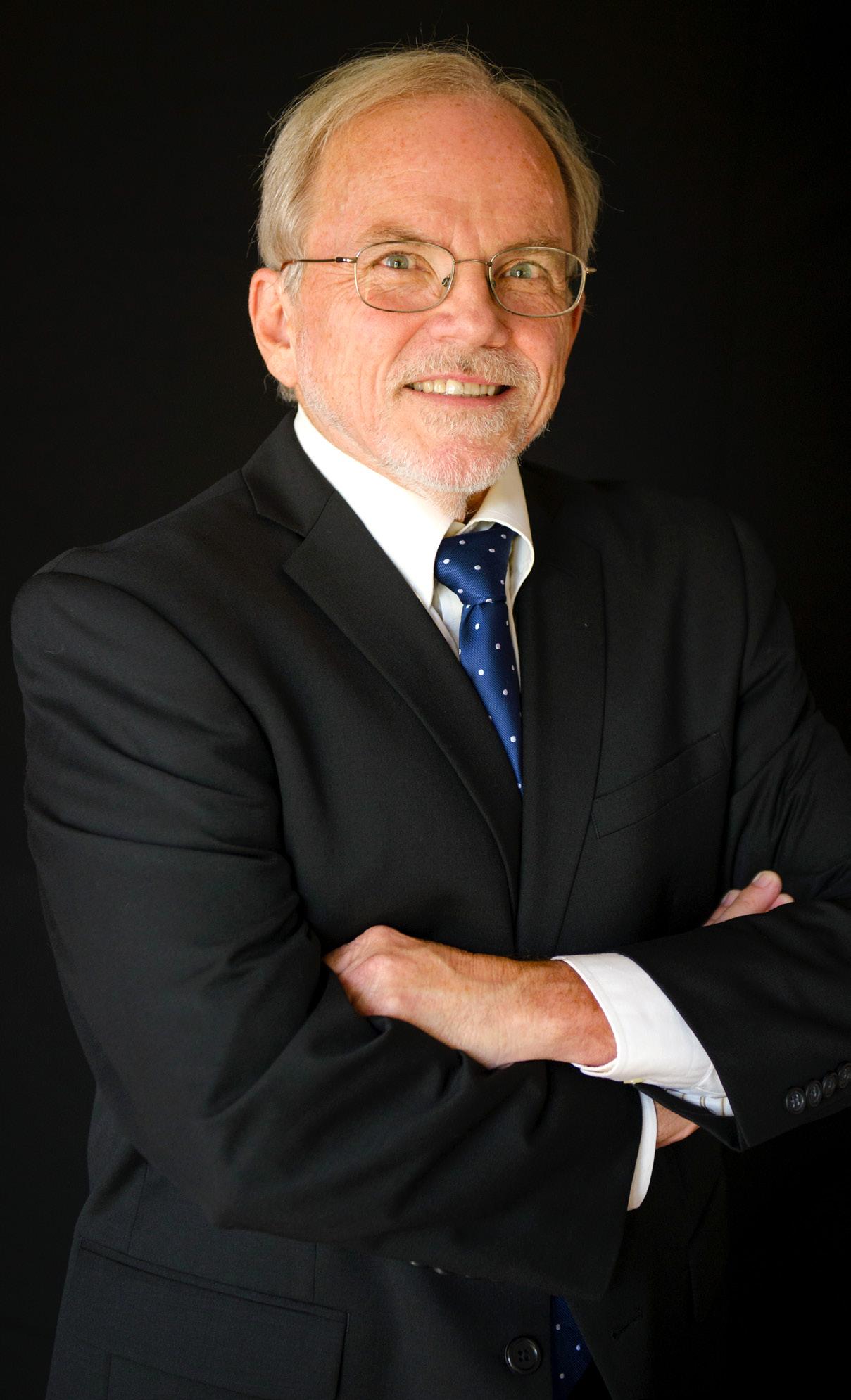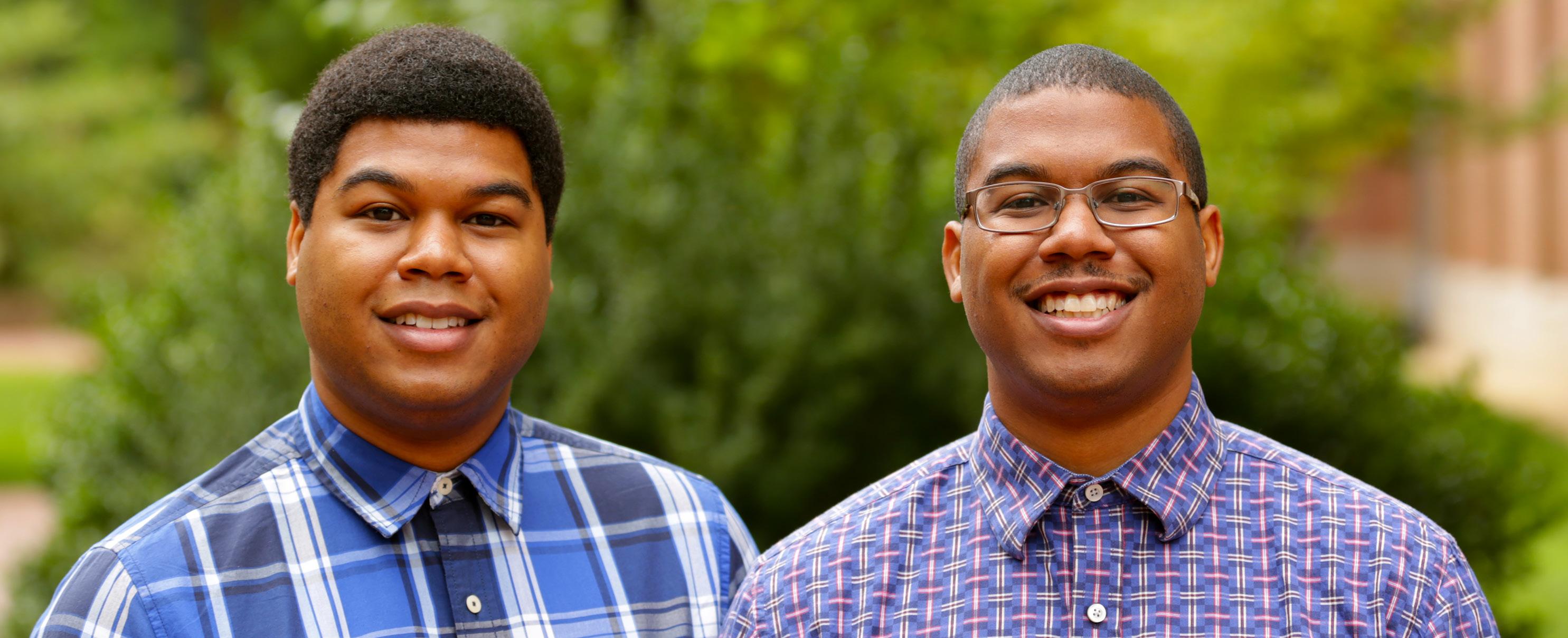
4 minute read
Congratulations John Thomas
from Fall 2017
by uncchemistry
Joshua and Isaiah Gober - Twin Ph.D.’s
Continued from page 16 to improve the activity of these proteins via the introduction of simple and conserved mutations that led to robust and predictable outcomes. As a result of his efforts, Joshua is a co-author on five papers in journals such as JACS, ACS Chemical Biology, and ChemBioChem, from his time at UNC, including four first author papers!
Advertisement
Joshua is now a senior research scientist at Genentech, one of the leading biotechnology companies and a pioneer in the development of protein-based therapeutics.
Congratulations to both Jushua and Isaiah on your continued excellence! We wish you all the best and hope to see you back on campus for the Bicentennial Celebrations in April!
Congratulations, John Thomas!
Our warmest congratulations to undergraduate chemistry major John Thomas, who has been selected to receive a scholarship from the Air Force Health Professional Scholarship Program, HPSP.
John started at UNC studying chemistry as an Air Force ROTC student, and during his time in this program he grew to love the search and rescue mission field. He decided early to pursue a career as a physician in search and rescue, as he was inspired by the opportunity to provide emergency care to people all over the world. He knew that the Air Force offered opportunities for medical school funding, and that in order to qualify, he had to perform excellently both as a student, and cadet in the ROTC. So, John focused, and worked hard.
Pre-med cadets compete for the HPSP scholarships at the beginning of their senior year, and John was one of the lucky few who learned that his hard work had been rewarded. He was one of only twelve Air Force ROTC cadets in the country to be granted an HPSP scholarship. The scholarship provides financial support to pay for all expenses, supplies, books, and full tuition required to whatever medical school John decides tor attend. Additionally, the scholarship provides a stipend to pay for living expenses. Upon completion of his medical degree, John will serve in the Air Force Medical Corps as a physician. -Congratulations to your dedication and recognition, John, and all the best wishes for your future!
CURE-ious Chemistry
Continued from page 21
Since completing the class last spring, Cooke, now Eskew’s teaching assistant, continues to dedicate her time to the garden each Sunday. “It is a unique experience in that it is inter-generational,” she says. “On campus, I do not get the opportunity to interact with people who are in different stages of their life, but community members and grad students come to the garden. Gardening is a lot of work with your hands so there is plenty of time to chat.”
Inspiring Others
During her own undergraduate career at Carolina, Eskew, a first-generation college student, never knew about research opportunities until her adviser suggested she pursue it one summer. She did not have any family or friends who were chemists, nor did she understand what chemists did outside the academic environment. This meant graduate school was not originally in the cards for her either, Eskew admits, but that same adviser encouraged her to apply.
“By the end of that summer doing research, I was hooked with discovery and learning something new, and realizing that other people had never made the compounds I did or seen their reactions,” she says. “That is why I think this class is a great opportunity to give students a small introduction into what research is, especially for those who are first-generation or have never been exposed to research.”
“Dr. Eskew is a really special person here at Carolina,” Cooke adds. “It is admirable that she put so much time into creating this class, and how dedicated she is to her students. I think getting research experience is one of the most important things during your undergraduate career. It has changed the way I think. To be put in a setting where no one in the room really knows the answer, and it is okay to not know the answer, that is great.”
Selective Transformations
The selective, and controllable, modification of complex molecules with disparate functional groups, for example, natural products, is a long-standing challenge that has been addressed using catalysts tuned to perform singular transformations, for example, C–H hydroxylation.
In research published in Nature Chemistry, and also highlighted in ChemistryWorld, researchers in the Gagné Group demonstrate silylium ions combined with reducing counterions to forge chemoselective transformations on complex bioactive compounds.
Fluoroarylborane catalysts can heterolytically split Si–H bonds to yield an oxophilic silylium, R3Si+, equivalent along with a reducing, H–, equivalent. Together, these reactive intermediates enable the reduction of multiple functional groups.
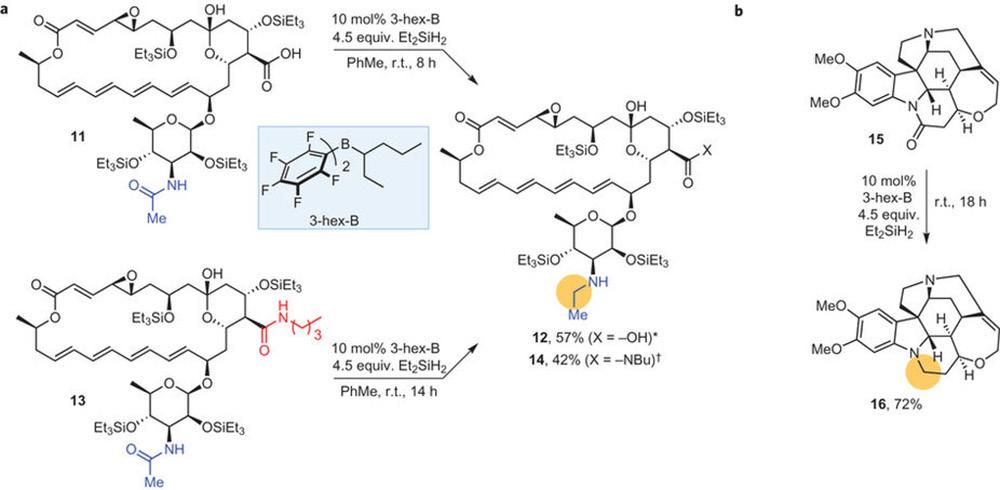
Exogenous phosphine Lewis bases further modify the catalyst speciation and attenuate aggressive silylium ions for the selective modification of complex natural products. Manipulation of the catalyst, silane reagent and the reaction conditions provides experimental control over which site is modified, and how.
The ability to carry out varied and selective transformations under catalyst control across diverse natural product structures suggests that it will emerge as a powerful tool for the synthesis of new chemical entities that encircle the structure of natural products and drug candidates. Whether these structures have resulted from traditional medicinal chemistry, screening of natural product, fully synthetic libraries or diversity-oriented synthesis, the chemistry described in this publication will enable those hits to be diversified further, even if the substrates are already complex.

